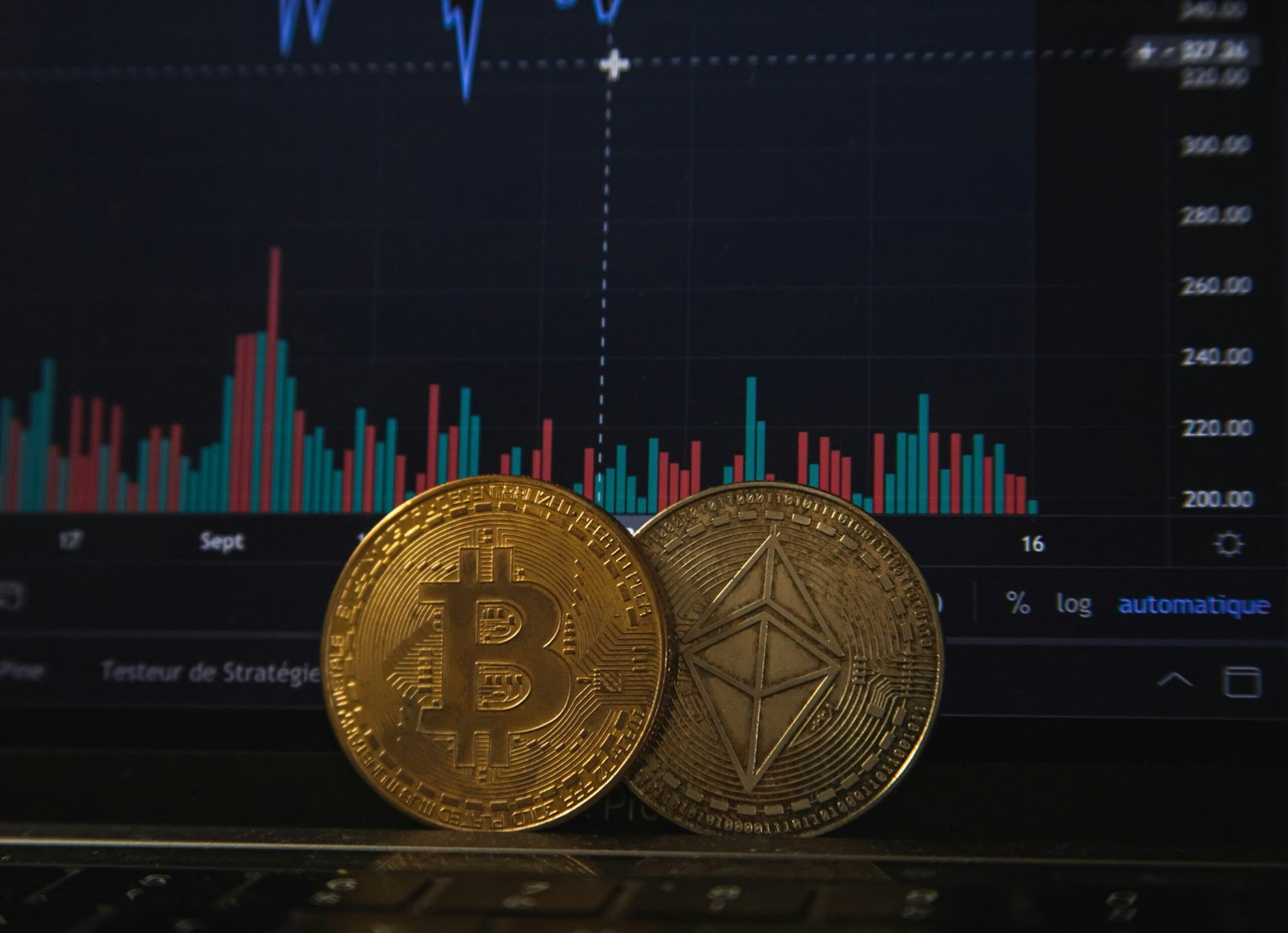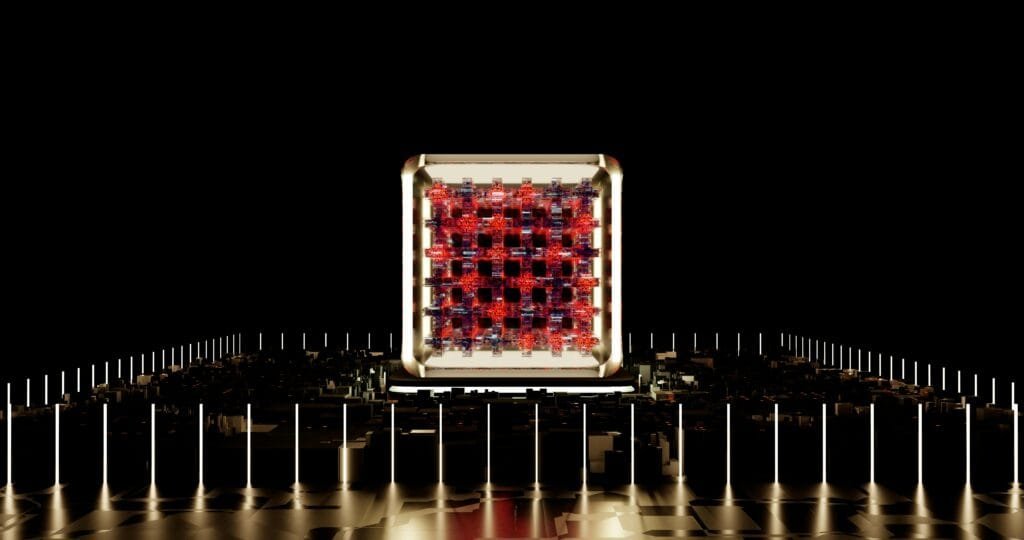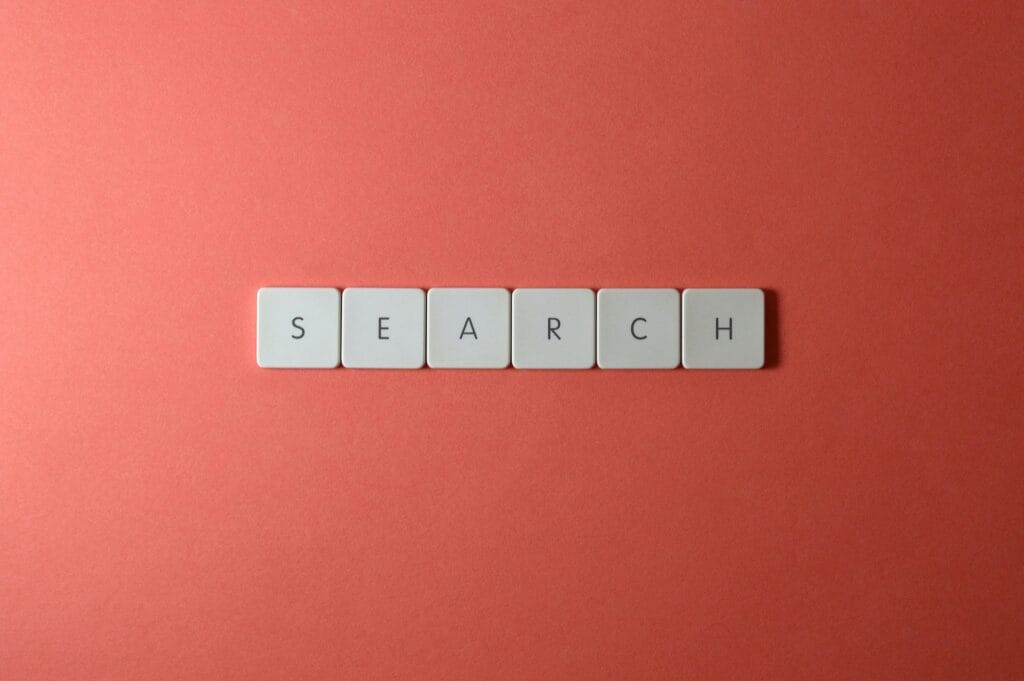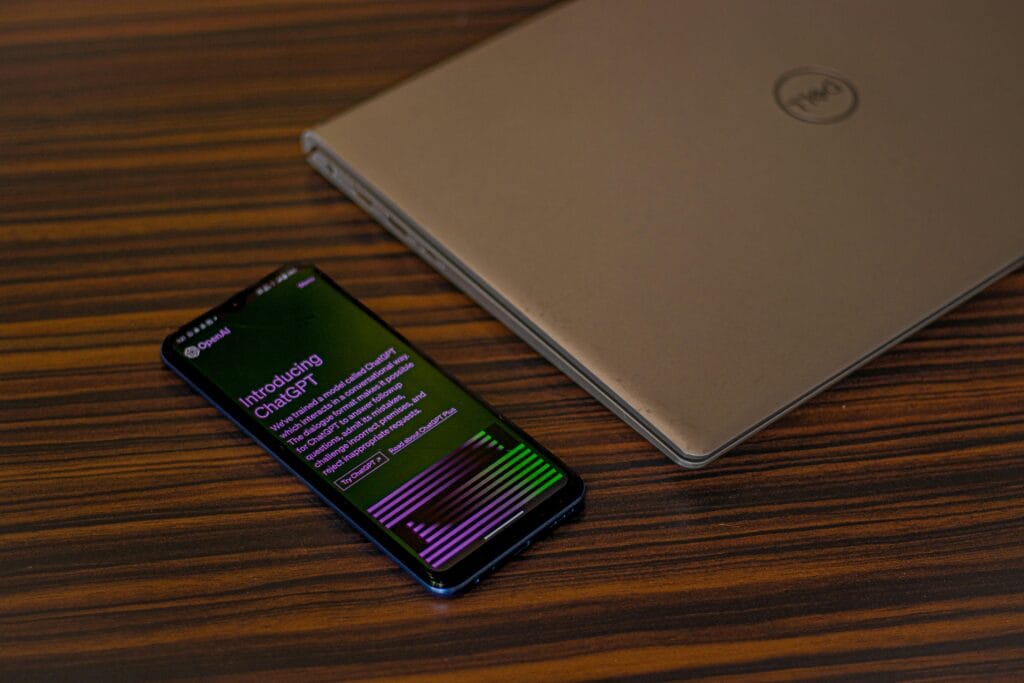
Understanding the Blockchain: A Revolutionary Technology
Blockchain, a term that has been buzzing around in the tech world for quite some time now. But what exactly is it? Is it good or bad? And what does the future hold for this revolutionary technology? Let’s dive in and explore.
What is the Blockchain?
At its core, the blockchain is a decentralized digital ledger that records transactions across multiple computers. It is a technology that enables the secure and transparent transfer of digital assets, eliminating the need for intermediaries such as banks or governments.
Each transaction is stored in a block, which is then added to a chain of previous blocks, hence the name “blockchain.” This chain is maintained by a network of computers known as nodes, which work together to validate and verify the transactions.
The Benefits of Blockchain
Now that we have a basic understanding of what the blockchain is, let’s explore its benefits:
1. Transparency and Security
One of the key advantages of blockchain technology is its transparency. Since every transaction is recorded on multiple computers, it becomes extremely difficult for anyone to alter or manipulate the data. This makes blockchain ideal for industries such as finance, supply chain management, and healthcare, where trust and security are paramount.
2. Efficiency and Cost Savings
By eliminating the need for intermediaries, blockchain technology can streamline processes and reduce costs. For example, in the financial sector, blockchain can enable faster and more efficient cross-border transactions, cutting out the middleman and reducing fees.
3. Decentralization and Empowerment
Blockchain technology empowers individuals by giving them control over their own data and assets. With blockchain, users can securely manage their digital identities, transfer ownership of assets, and participate in decentralized applications (DApps) without relying on centralized authorities.
The Future of Blockchain
As with any emerging technology, the future of blockchain is filled with both excitement and uncertainty. Here are a few potential scenarios:
1. Mainstream Adoption
Blockchain has already gained traction in various industries, and we can expect to see further adoption in the coming years. As more organizations realize the benefits of blockchain technology, we may witness its integration into everyday life, from financial services to supply chain management.
2. Regulatory Challenges
With the rise of blockchain, governments around the world are grappling with how to regulate this new technology. Striking a balance between innovation and consumer protection will be a key challenge in the future. However, as the technology matures, we can expect to see clearer guidelines and regulations in place.
3. Integration with Emerging Technologies
Blockchain has the potential to integrate with other emerging technologies such as artificial intelligence (AI) and the Internet of Things (IoT). This convergence could unlock new possibilities and applications, revolutionizing industries such as healthcare, logistics, and energy.
Conclusion
The blockchain is a game-changing technology that has the potential to disrupt various industries. Its transparency, security, and efficiency make it an attractive option for businesses and individuals alike. While the future of blockchain may still be uncertain, one thing is clear: this revolutionary technology is here to stay.







